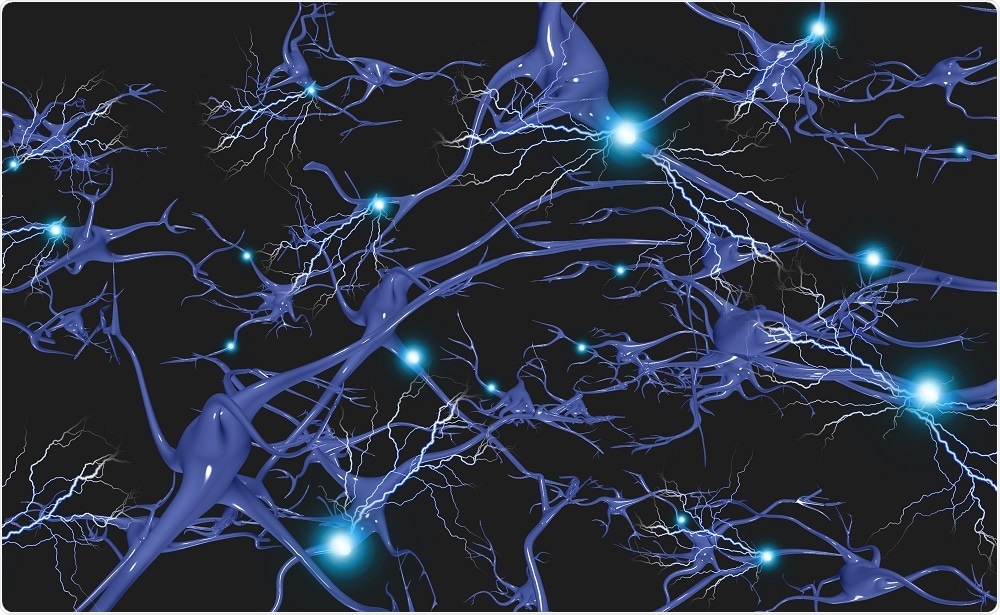Researchers have created a new type of biomaterial that can support the growth of nerve cells, potentially opening up new possibilities for patients who have experienced a stroke or traumatic brain injury.
 Credit: Bruce Rolff/Shutterstock.com
Credit: Bruce Rolff/Shutterstock.com
Using self-assembling peptides, bioengineers have created scaffolds that can be used in tissue engineering and biomedicine.
Amino acids are groups of carbon atoms that have an amine group at one end, an acidic group at the other, and unique properties depending on the residues they bind to.
Naturally occurring amino acids are mostly alpha amino acids, which only have one carbon atom holding the different parts of the molecule together.
Beta peptides, on the other hand, are synthetic molecules that contain an additional carbon atom, which protects them against peptide-breaking enzymes in the body. This makes them particularly useful for creating robust materials that are protected from degradation.
In this study, the researchers showed, for the first time, that these self-assembling beta peptides can be attached to different organic molecules.
This means that molecules that have previously posed a challenge to bioengineers can now be used to make new types of biomaterials.
As reported in APL Bioengineering, the researchers tested different compounds bound to beta peptides to create a variety of beta-foldamers, one of which included a mesh that neurons could grow on.
Study author Mark Del Borgo (Monash University) and team explored flexible and rigid linking molecules for the filler of the beta-foldamers, with a focus on arginylglycylaspartic acid (RGD).
RGD is an alpha peptide found in the extracellular matrix that serves as a template for correctly placing cells as they start to spread.
They found that beta-foldamers with RGD at the center could be used to construct a scaffold on which they could grow a network of neurons. The neurons were also able to conduct impulses between one another and share information.
Del Borgo and team hope these beta-peptide based structures can be used as brain meshes that could help coordinate nerve cell growth in people who have experienced a stroke or traumatic brain injury.
Next, the team plans to investigate whether these scaffolds can help treat neurological deficits in mice with these conditions.
Source:
https://www.alphagalileo.org/en-gb/Item-Display/ItemId/163373?returnurl=https://www.alphagalileo.org/en-gb/Item-Display/ItemId/163373